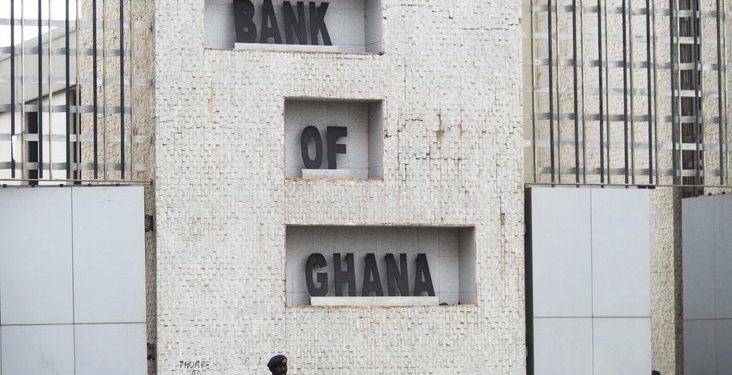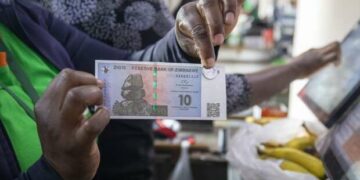BoG says it’s open to dialogue on cryptocurrency
In what could mark the beginning of a new epoch in the nation’s digital finance journey, the banking sector regulator – the Bank of Ghana (BoG) – has given the clearest indication yet that it is open to dialogue with cryptocurrency stakeholders on a comprehensive regulatory framework for the asset class.
The BoG’s stance was conveyed in remarks delivered by its Head of FinTech and Innovation, Kwame Oppong, at the West African Edition of the Africa Money & Decentralised Finance (DeFi) Summit held in Accra.
Currently, cryptocurrencies are not legal tender as they are not regulated under any of the country’s laws; as such, they are not backed by any guarantees or safeguards and the central bank has had to issue cautionary directives to banks and other financial entities against dealings in cryptocurrency among other unregulated financial tools.
In a recent cautionary statement, the BoG said: “The Bank of Ghana advises the general public to exercise caution in respect of cryptocurrency transactions. The Bank further directs all licenced institutions – including banks, specialised deposit-taking institutions, dedicated electronic money issuers and payment service providers – to refrain from facilitating cryptocurrency transactions via their platforms or agent outlets”.
However, in a more conciliatory tone Mr. Oppong stated that the regulator is willing to find a middle-ground with the crypto community as long as it does not mean sacrificing the consuming public’s welfare.
“As a regulator, we are open to dialogue with the cryptocurrency industry for mutual appreciation of our mutual perspectives toward a more altruistic model and regulatory outcomes in which consumer interest and protection are pre-eminent,” the watchdog’s representative remarked.
Since its inception, cryptocurrency has drawn the ire of regulators as it attempts to replace fiat currency without the accompanying regulation.
Critics have said the checks and balances system of blockchain technology, on which it is based, is not sufficient to guard against fraud, money laundering and terrorism financing threats inherent in virtual currency operations.
These fears have been heightened following instances of high-value fraud and a nose-dive of the leading cryptocurrency – Bitcoin – from an all-time high of just under US$69,000 per Bitcoin in November 2021 to under US$20,000 in September 2022, with some analysts forecasting a dip to US$12,000 by the end of the year.
Nonetheless, regulators have begun to concede some ground; most notably by asking crypto exchanges to introduce know-your-customer (KYC) verifications.
Mr. Oppong noted that the BoG has been proactive in engaging developments driven by technology, saying it is the reason the Bank of Ghana has an open-door policy for engagement.
“We will continue being open to the understanding, interests, concerns and opportunities of all stakeholders to forge a collaborative solution that can help achieve our shared goals and expectations,” he said.
‘In our effort to promote fintech, though much progress has been made, there is so much more to be done,” he added.
He charged participants at the Summit to endeavour to contextualise innovation to address the peculiar challenges of the Ghanaian ecosystem, and by extension those of other emerging markets – with financial inclusion being a key element.
Founder of the Africa Tech Summit, Andrew Fassnidge, is optimistic that the meeting’s outcome will prove mutually beneficial in engagements with regulators.









